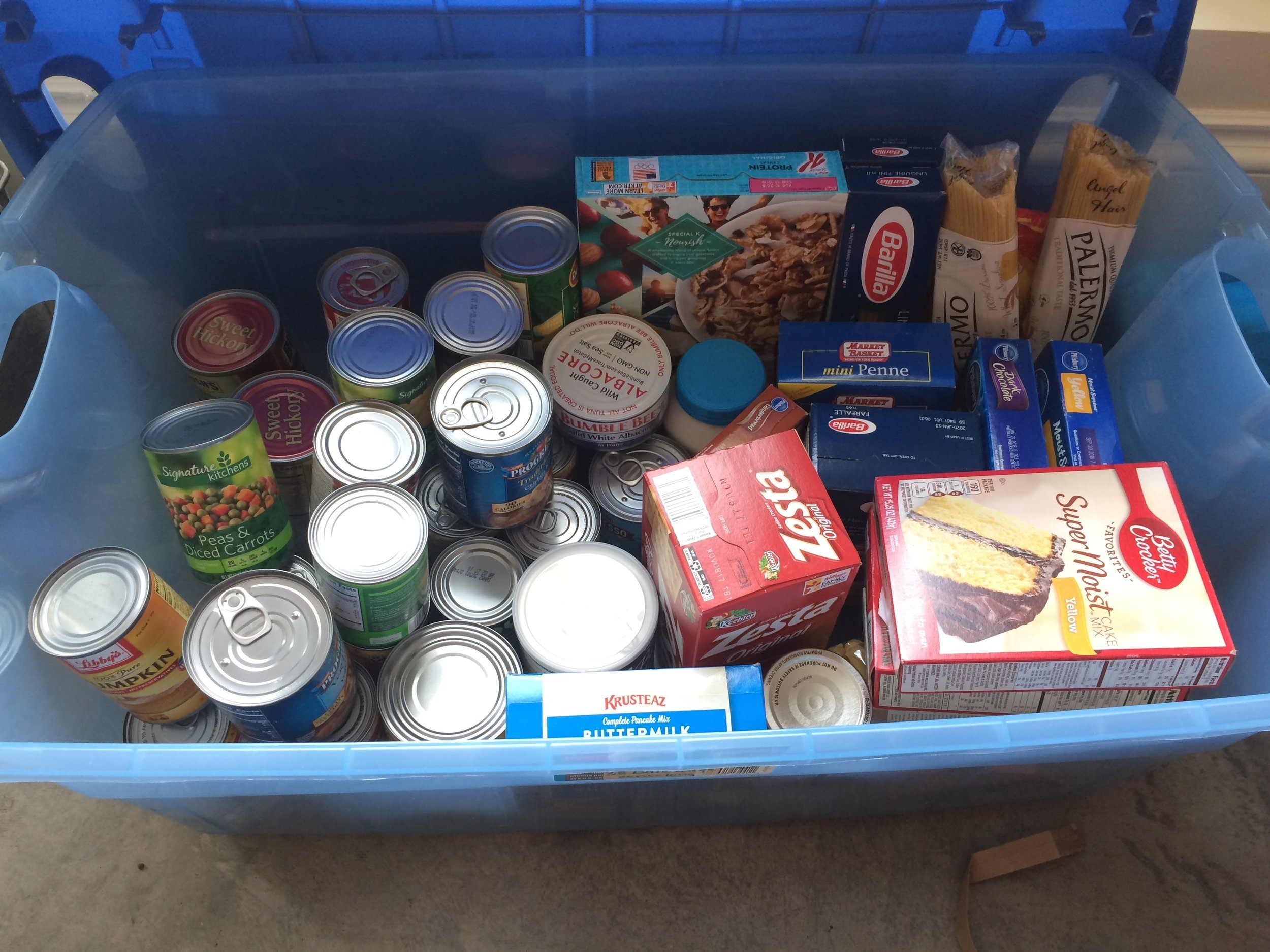Wildlands Trust is collaborating with the Town of Plymouth to undertake the restoration of the western shoreline of Halfway Pond, the centerpiece of our 430-acre Halfway Pond Conservation Area. Over the years, a variety of activities including vehicle traffic, snow plowing, and human disturbance and trampling have contributed to the destruction of the vegetative buffer, which is critically important for maintaining water quality and wildlife.
“Damage to the pond shore from vehicles has grown considerably in recent years. Plymouth is growing and more and more GPS apps are sending cars through the area to avoid high traffic spots,” said Wildlands Trust Director Karen Grey. “Last fall an 18-wheel truck loaded with cranberries jack-knifed into the pond because the driver was following GPS directions.”
Cranberries washing ashore after a tractor trailer full of berries jack-knifed into Halfway Pond
The plan is to remove old fencing and debris, establish appropriate erosion controls, and re-plant and enlarge the pond shore buffer. Our goal is to improve habitat features and pond health, and to establish appropriate public access. As part of this project, the Plymouth Selectmen have given approval for Wildlands Trust to convert a quarter mile stretch of Mast Road owned by Wildlands into a footpath.








